
As an important part of the ball mill, the ball mill liner can not only effectively protect the barrel of the ball mill, but also enhance the impact and grinding between the medium and the material, so as to improve the grinding efficiency. In production, it is common that many lining plates of the ball mill wear too fast under the long-term action of the grinding medium.
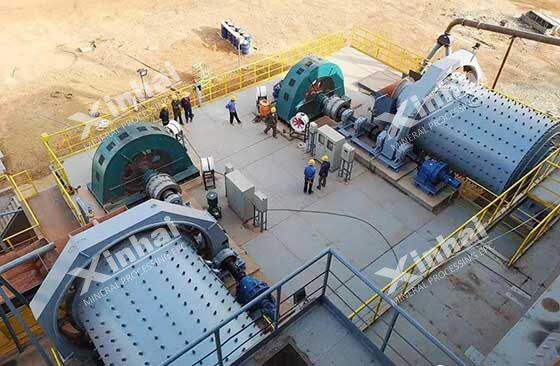
So, what are the reasons for the excessive wear of the ball mill liner? And How can we solve this problem?
The lining plate and steel ball of the ball mill are wearing parts. In the grinding process, ball mill steel ball and material in the cylinder body parabolic falling movement, at this time the ball mill lining plate, steel ball, material three will collide with each other to produce friction.
In continuous operation, the lining plate and steel ball of the ball mill will appear serious wear phenomenon, which is directly related to the hardness of the material. The higher the hardness of the material is, the faster the wear speed of the ball mill liner and steel ball is, which may cause equipment damage or even cause safety accidents in serious cases.
Solution:
■ Choose the lining plate and the steel ball reasonably, control the hardness of the lining plate and the steel ball well, and do a reasonable collocation of the lining plate and the steel ball. Under normal circumstances, the hardness ratio of the lining plate and steel ball for the conventional ball mill is about 1:0.8;
■ Control the filling rate of the ball mill and the ratio of steel balls.
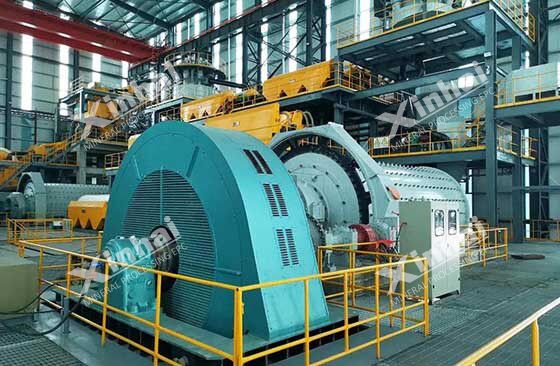
The quality of the ball mill liner and its heat treatment process are the keys to determining the mechanical properties of the ball mill liner. Improper selection of lining material will greatly reduce its anti-fatigue strength and life, which cannot meet the work requirements of the ball mill, and even produce the plastic change or drum.
Solution:
Choose new wear-resistant lining material. At present, the commonly used lining materials of ball mills include high manganese steel, high chromium steel, alloy steel, and wear-resistant rubber, among which wear-resistant rubber is the newly emerging lining material of ball mills.
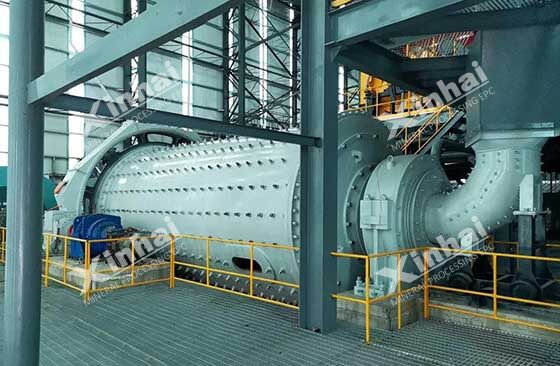
The unreasonable heat treatment of the ball mill liner will not only aggravate the wear of the liner but also affect the yield strength of the liner, resulting in the fracture of the fixing bolt of the ball mill liner under the action of large shear force.
In the actual operation, if the ball mill operator is lack understanding of liner quality and the heat treatment of the ball mill lining plate is not reasonable, they are easy to cause the strengthening effect of the ball mill lining plate cannot be in place, even be out of shape when the steel ball strikes the material.
Solution:
Preheating the ball mill liner can effectively reduce the wear of the ball mill liner. In actual production, the suitable preheating process can be selected according to the quality of the lining plate.
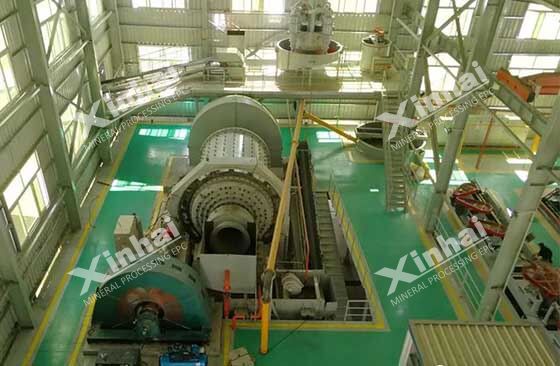
The ball mill running in an abnormal state will also bring a bad influence to the lining plate. Under a normal operation, the steel ball and the material are mixed together. When the steel ball drops to the lining plate, it forms a barrier with the material and plays a buffer role at the same time, then gradually grinds the material. If the ball mill is in low load operation, the steel ball will directly impact the lining plate, which will cause serious wear and even fracture of the lining plate.
Solution:
The ball mill operator should adjust the feeding quantity of the ball mill in time according to the running status of the ball mill. When the ball mill is running under a low load, the feeding quantity of the ball mill should be adjusted in time to ensure the processing capacity of the ball mill.
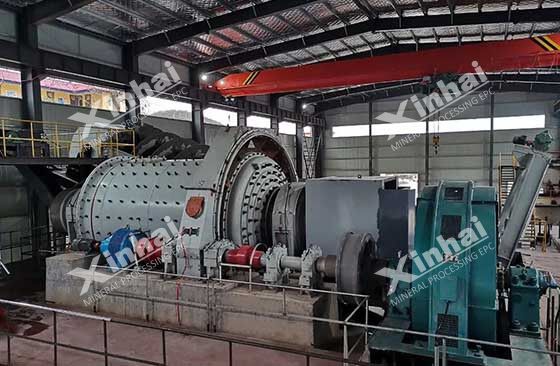
In addition to the four wear reasons described above, the design, manufacture, and installation of the ball mill liner may also lead to excessive wear of the lining plate. To better address the wear issues described above, Xinhai customizes liner designs for different ball mill models. While ensuring effective grinding performance, this approach significantly reduces unnecessary friction, extending liner service life by an average of 20%–30% in actual operating projects and improving overall equipment stability. Contact us to obtain a customized ball mill solution tailored to your application.
To find out more about our products and solutions, please fill out the form below and one of our experts will get back to you shortly.